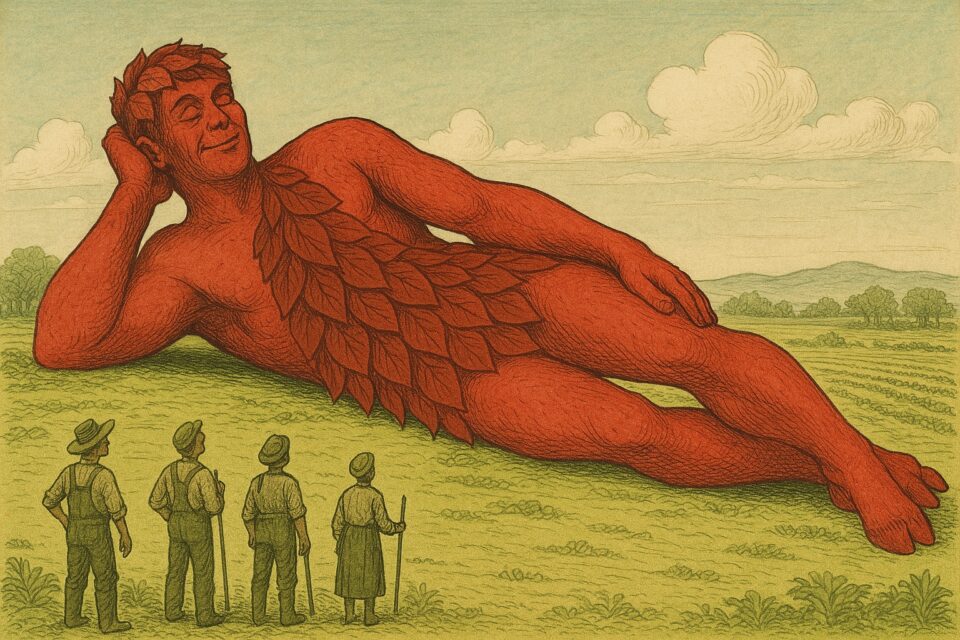Farming’s Overlords
Description

<figure class="wp-caption alignleft" id="attachment_4596" style="width: 320px;"> <figcaption class="wp-caption-text" id="caption-attachment-4596">Jennifer Clapp</figcaption></figure>The top four companies globally control more than 60% of the inputs modern farmers need: machinery, fertilisers, seeds, and pesticides. That kind of concentration, coupled with their size, gives these companies unprecedented power to set prices, often in collusion with their “competitors,” to block real competition, to stifle innovation, and to manipulate governments and policies. And while that may seem a problem of modern times, it’s actually a story that goes back to the beginning of industrial agriculture. Jennifer Clapp, Canada Research Chair in Global Food Security and Sustainability at the University of Waterloo in Ontario undertook a deep investigation of the history and behaviour of these companies for her new book Titans of Industrial Agriculture: how a few giant corporations came to dominate the farm sector and why it matters.
<figcaption class="wp-caption-text" id="caption-attachment-4596">Jennifer Clapp</figcaption></figure>The top four companies globally control more than 60% of the inputs modern farmers need: machinery, fertilisers, seeds, and pesticides. That kind of concentration, coupled with their size, gives these companies unprecedented power to set prices, often in collusion with their “competitors,” to block real competition, to stifle innovation, and to manipulate governments and policies. And while that may seem a problem of modern times, it’s actually a story that goes back to the beginning of industrial agriculture. Jennifer Clapp, Canada Research Chair in Global Food Security and Sustainability at the University of Waterloo in Ontario undertook a deep investigation of the history and behaviour of these companies for her new book Titans of Industrial Agriculture: how a few giant corporations came to dominate the farm sector and why it matters.
Notes
- Jennifer Clapp’s book Titans of Industrial Agriculture: how a few giant corporations came to dominate the farm sector and why it matters is published by The MIT Press.
- This recent article by Jennifer Clapp sets out some of her views on how to address global hunger, including ideas on reining in corporate concentration.
- Here is the transcript.






